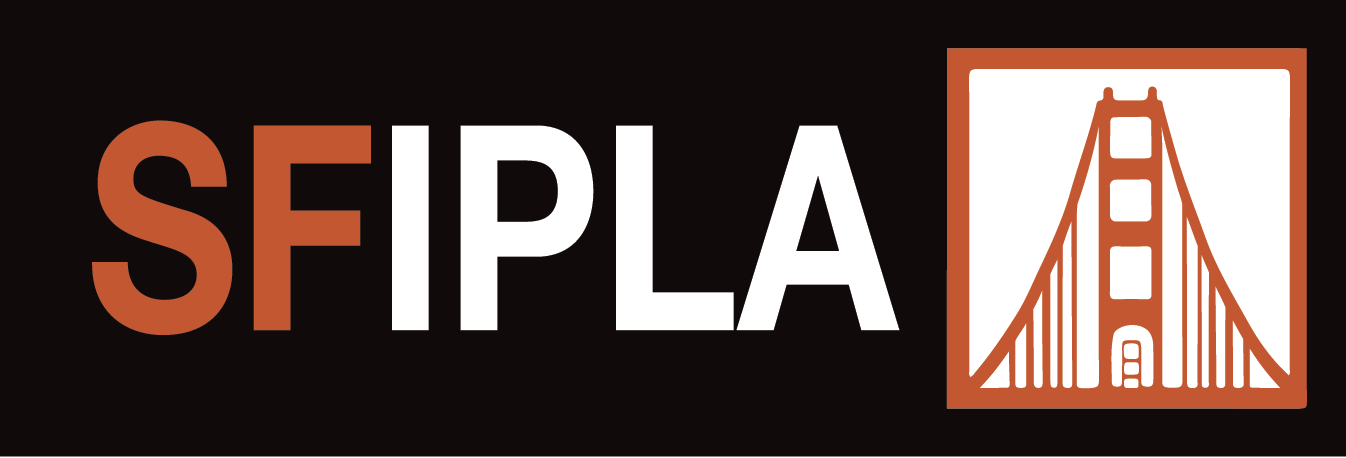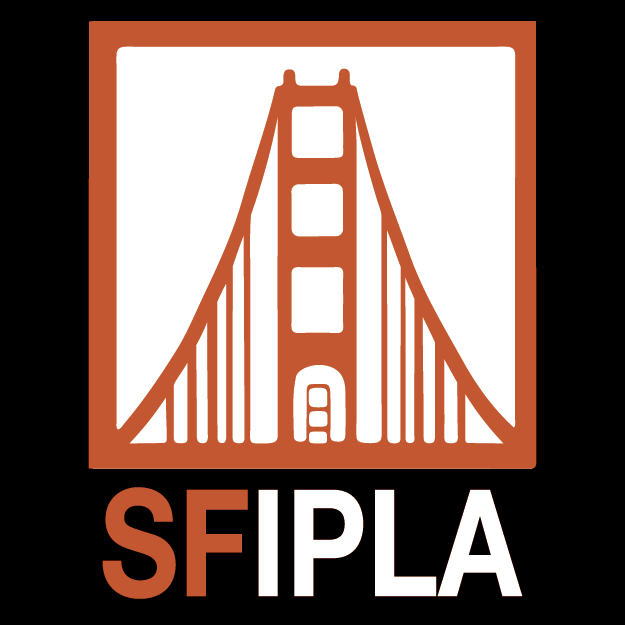Date/Time
Date(s) - Wed 10/28/2020
12:00 pm - 1:00 pm
Can artificial intelligence invent? Given the explosion of the capabilities of artificial intelligence this question has become more than an academic question. Patents are being filed all over the world attempting to list AI systems—not people—as inventors. On the other hand, engineers at some companies are already voicing concerns that it could be untruthful to list themselves as inventors on patent applications when they are unfamiliar with the specific reasons that a particular formula was selected or not selected for patenting. Similarly, how does one apply the duty of candor to an AI system to disclose all known prior art? How does one ensure that those who designed the AI system that purported invents are properly rewarded for their contributions? Whether AI systems can invent touches on several legal, regulatory and policy issues both in the United States and around the world.
The SFIPLA is pleased to welcome the following speakers on these topics for a moderated virtual question and answer panel discussion: (1) Mr. Wayne Stacy, the regional director of the USPTO; (2) Prof. Ryan Abbott, who is spearheading the DABUS project, which is currently attempting to list an AI system as an inventor in patent applications before the USPTO, EDVA complaint, UK court appeals, and PCT processes, and (3) Prof. Dennis Crouch, a leading IP academic, author of the popular Patently-O blog and author of a forthcoming article on whether AI systems can invent. The panel will be moderated by Jordan R. Jaffe, a partner at Quinn Emanuel and Chair of its Autonomous Vehicle Practice.
We hope you can join us for this informative virtual event!
PANELISTS
Wayne Stacy
Director of the Silicon Valley United States Patent and Trademark Office
As the Regional Director of the USPTO’s Silicon Valley Regional Office, Wayne Stacy carries out the strategic direction of the Under Secretary of Commerce for Intellectual Property and Director of the USPTO, and is responsible for leading the USPTO’s West Coast regional office in Silicon Valley. Focusing on the region and actively engaging with the community, Mr. Stacy ensures the USPTO’s initiatives and programs are tailored to the region’s unique ecosystem of industries and stakeholders.
Prior to joining the USPTO, Mr. Stacy was a partner in the Baker Botts Intellectual Property group. With a computer-engineering background, he has over twenty years of experience litigating high-stakes technology cases, including patent, trade secret, software-based copyright, and technology-licensing disputes. He has served as the lead lawyer in numerous jury trials.
For almost two decades, Mr. Stacy has dedicated his spare time to teaching law students about the realities of litigating technology cases. He has been an adjunct professor at four universities, teaching patent law, patent litigation, copyright law, and PTAB practice. Mr. Stacy also devotes significant time to improving the legal community. He has served on Federal Court local-rule committees, drafting patent local rules. He also served as faculty for the National Institute for Trial Advocacy, where he has taught a variety of courses from deposition skills to his favorite course, trial skills for public service attorneys.
Ryan Abbott, MD, JD, MTOM, PhD,
Professor of Law and Health Sciences at the University of Surrey School of Law, Adjunct Assistant Professor of Medicine at the David Geffen School of Medicine at UCLA, Partner at Brown, Neri, Smith & Khan, LLP, and a mediator and arbitrator with JAMS, Inc.
Prof. Abbott is the author of “The Reasonable Robot: Artificial Intelligence and the Law” published in 2020 by Cambridge University Press. He has also published widely on issues associated with life sciences and intellectual property in leading legal, medical, and scientific books and journals, and his research has been featured prominently in the media including in the New York Times, Wall Street Journal, and Financial Times. Professor Abbott has worked as an expert for, among others, the United Kingdom Parliament, the European Commission, the World Health Organization, and the World Intellectual Property Organization. He is a licensed physician and patent attorney in the United States, and a solicitor advocate in England and Wales. Managing Intellectual Property magazine named him as one of the fifty most influential people in intellectual property in 2019. www.ryanabbott.com.
Professor Dennis Crouch, Associate Professor of Law at the University of Missouri School of Law
Prior to joining the MU Law Faculty, he was a patent attorney at McDonnell Boehnen Hulbert & Berghoff LLP in Chicago, Illinois, and taught at Boston University Law School. He has worked on cases involving various technologies including computer memory and hardware, circuit design, software, networking, mobile and internet telephony, automotive technologies, lens design, bearings, HVAC systems, and business methods. He is also the editor of the popular patent law weblog: Patently-O .
Professor Crouch received his BSE in mechanical engineering cum laude from Princeton University, where he also earned a certificate in engineering management systems. He then earned his JD cum laude from the University of Chicago Law School. While at the University of Chicago, he was a Microsoft, Merck, & Pfizer scholar and a member of the Olin program in law and economics.
Prior to attending law school, Professor Crouch worked as a technical consultant for manufacturing firms in New England, as a research fellow at NASA’s Glenn Research Center, as a software developer at the Mayo Clinic’s department of biomedical imaging, and as a Peace Corps Volunteer in Ghana, West Africa. Dennis Crouch grew up on a farm near Pittsburg, Kansas.
Date: Wednesday, October 28, 2020
Time: 12pm-1pm
Place: ZOOM (login credential details to be provided prior to program meeting date)
Cost: FREE
Click here to register.
The San Francisco Intellectual Property Law Association is an approved provider of California MCLE credit, and certifies that the above activity meets the requirements for one hour of participatory credit.
Categories

